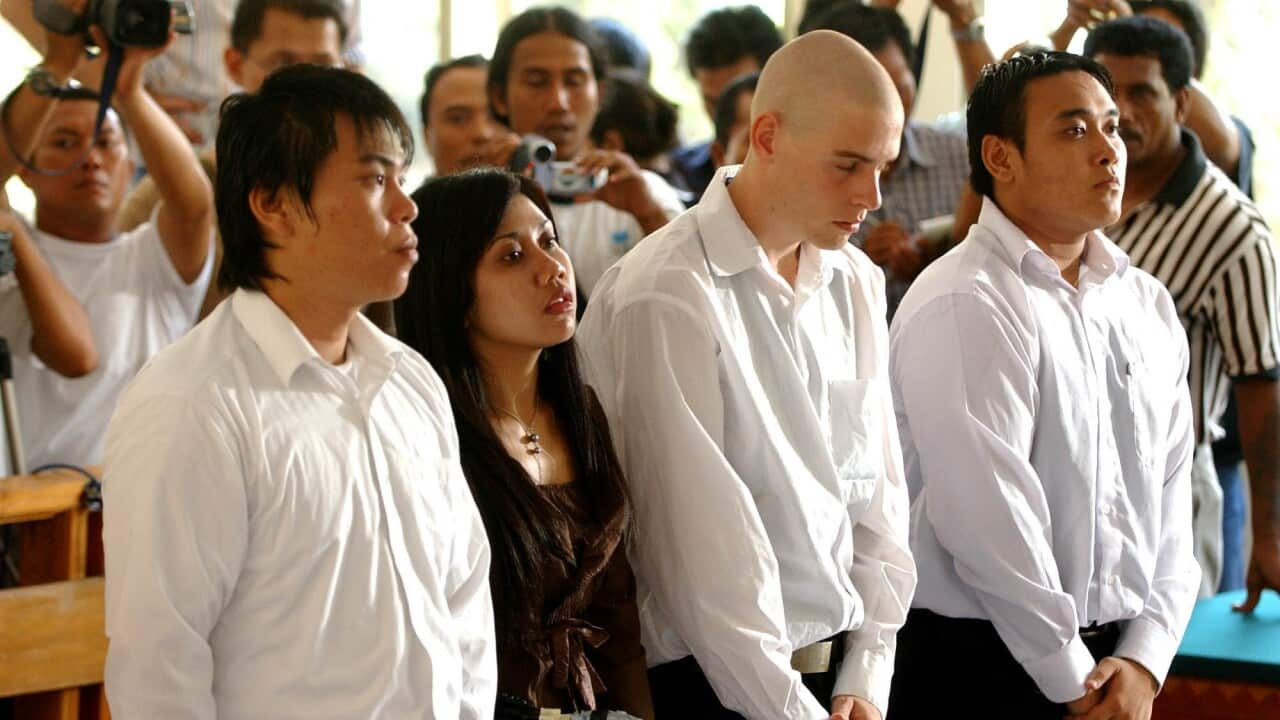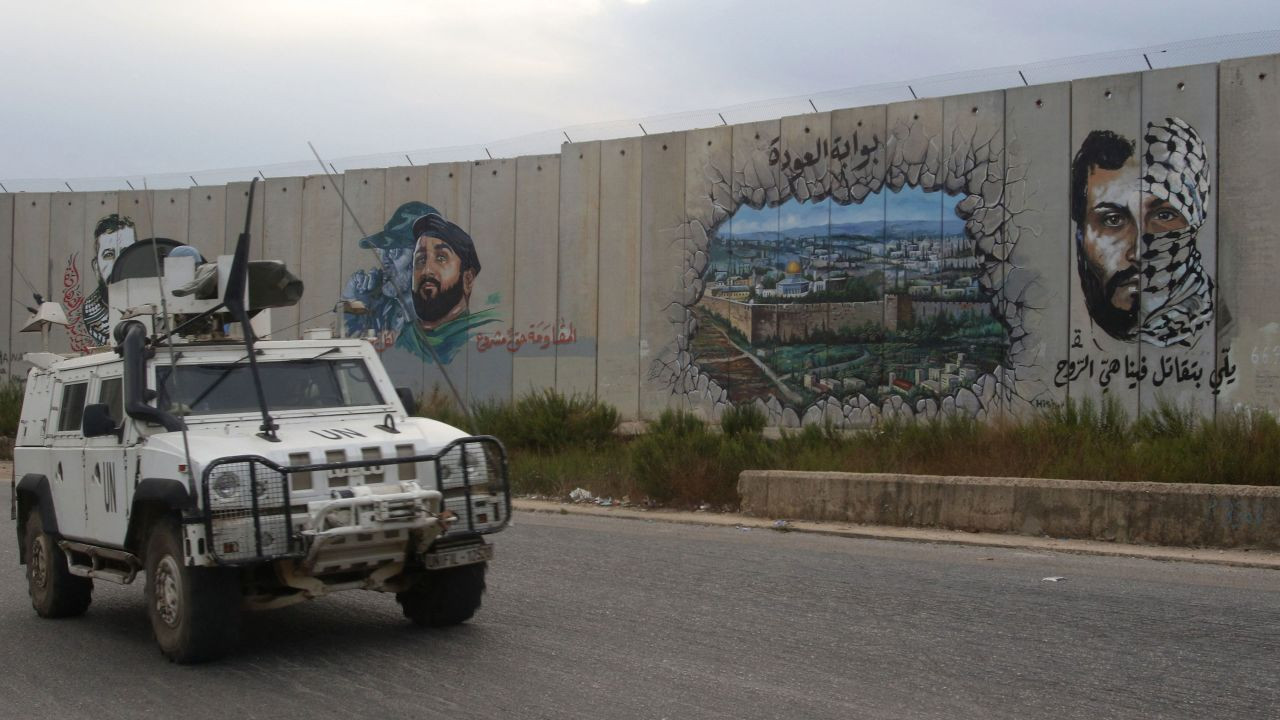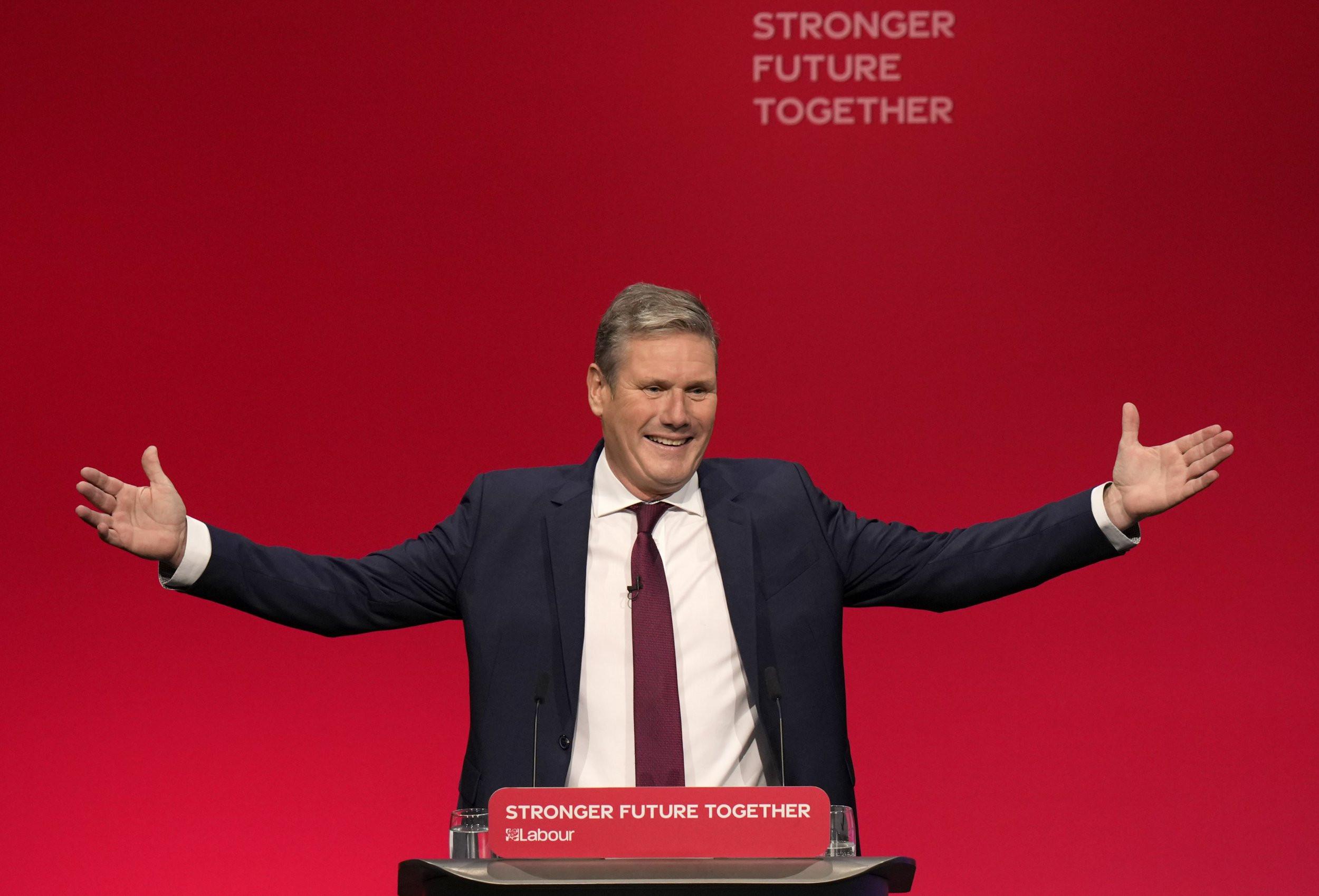Bali Nine: A Two-Decade Odyssey Ends
The saga of the Bali Nine, a group of nine young Australians convicted of attempting to smuggle heroin out of Bali, has concluded with the return of the five remaining members to Australia after almost two decades in Indonesian prisons. This high-profile case, which captivated global attention and strained diplomatic relations, has finally reached its end, bringing both relief and lingering questions.
The Capture and Initial Sentencing
The Bali Nine's story began in 2005 when Indonesian authorities apprehended the nine Australians at Denpasar Airport and a Kuta hotel. The group, eight men and one woman, were caught attempting to smuggle 8.3kg of heroin, a brazen operation that led to international headlines. The arrests, following a tip-off from Australian police, brought swift and severe consequences. Two ringleaders, Andrew Chan and Myuran Sukumaran, faced the ultimate punishment – execution by firing squad in 2015, causing significant diplomatic fallout between Australia and Indonesia.
The Aftermath of the Executions
The executions of Chan and Sukumaran ignited a storm of protest in Australia, triggering the temporary recall of the Australian ambassador to Indonesia. Though the ambassador eventually returned to Jakarta, the incident left a lasting mark on the bilateral relationship. The remaining members faced life sentences, their fate a grim reminder of Indonesia's stringent drug laws, among the harshest globally.
A Gradual Release and Humanitarian Grounds
Over the years, the Bali Nine's story has unfolded gradually. One member, Tan Duc Thanh Nguyen, sadly succumbed to cancer in 2018. Renae Lawrence, the sole woman in the group, had her sentence commuted and returned to Australia in 2018 after serving over 13 years. Now, in a significant development, the five remaining men – Scott Rush, Matthew Norman, Si-Yi Chen, Martin Stephens, and Michael Czugaj – have been released and returned to Australia. Their release, facilitated by a deal negotiated with the Indonesian government, was granted on humanitarian grounds, marking a considerable shift in the narrative. This arrangement signifies a culmination of persistent efforts from the Australian government, expressing deep appreciation for Indonesia's act of compassion.
The Return and Reintegration
Prime Minister Anthony Albanese announced their return on social media, expressing gratitude to Indonesian President Prabowo Subianto for his “compassion.” The men's arrival marks a new chapter, one focused on rehabilitation and reintegration into Australian society. While they are free to return to their lives, they remain barred from ever setting foot on Indonesian soil again. This aspect of the deal is a critical detail in understanding the broader context. The Australian government stated that the men will receive support for their personal rehabilitation and reintegration, with short-term accommodation and access to medical assistance secured. The government expressed their deep appreciation for Indonesia's cooperation in facilitating the return of the five men, emphasizing the strong bilateral relationship between the two nations. The exact details of their reintegration program have not been publicly disclosed. This is being done to preserve the privacy of the individuals involved and to ensure a smooth transition into society.
The End of an Era, the Beginning of New Lives
The return of the five remaining Bali Nine members signals the end of a significant chapter in Australian-Indonesian relations. While this event brings closure to the long-running saga, it also serves as a reminder of the harsh realities of international drug laws and the challenges faced by those caught in such situations. It also underlines the importance of humanitarian considerations in the application of justice and the potential for reconciliation, even in highly charged circumstances. The path ahead for these individuals will undoubtedly be challenging, yet their homecoming also offers a chance for reflection, rehabilitation, and a new beginning in their lives, far removed from the infamous Bali prison walls.
The Australian government hopes this agreement will serve as a potential model for future similar cases, a testament to their commitment to diplomacy and finding compassionate solutions to complex situations. The men's freedom represents a resolution long sought after by both their families and the Australian government, marking a crucial juncture in a case that has impacted many lives.

















